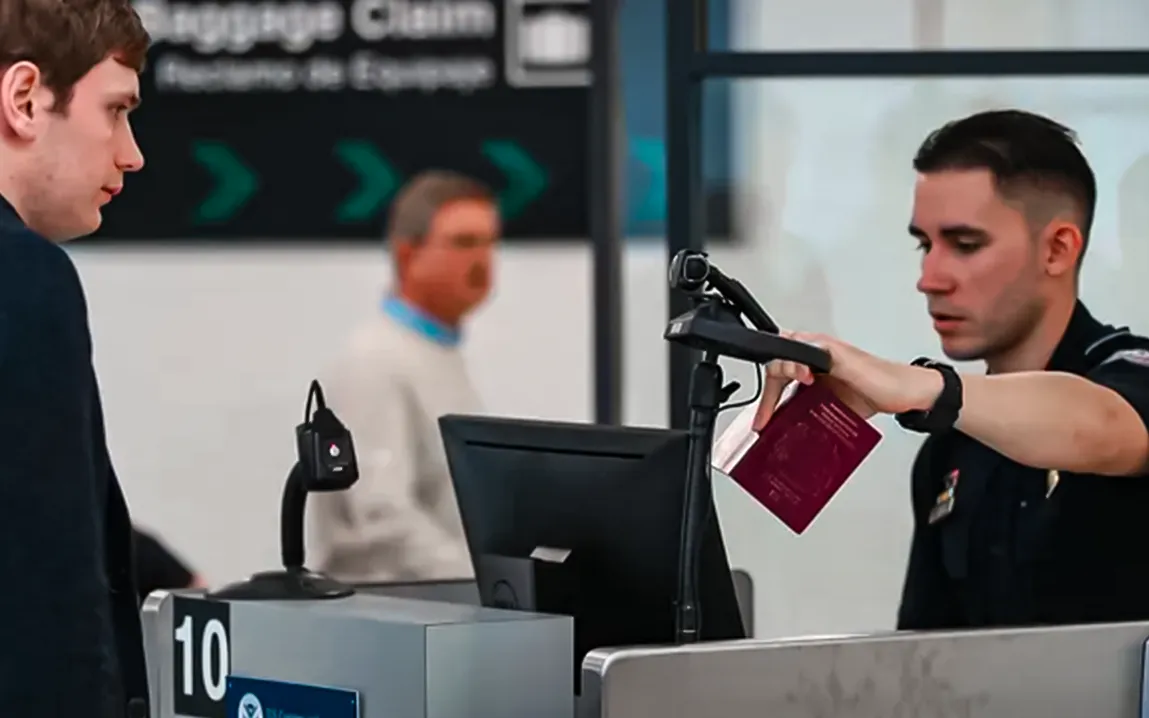Your Phone Might Not Be As Private As You Believe
Imagine being in the U.S. after a long time across the globe and walking towards the exit when a customs officer flagged you to check your smartphone. You were hesitant that your phone contains personal messages, private emails, and even work-related files. But can they really do that?
Well, yes, they can. U.S. Customs and Border Protection (CBP) gives its officers the power to conduct searches into electronic devices, including smartphones, tablets, and laptops at border crossings, without any warrant. Most travelers feel surprised, as they think their digital privacy is still protected under normal law.
Why Can Border Officers Search Your Phone?
The U.S. border is considered a unique security zone under which officials exercise more authority than normal law enforcement. They can open any luggage, documents, and digital devices without probable cause. They justify it with the prevention of terrorism, smuggling, and fraud, initiated by searches.
However, it initiated an uproar among travelers,advocates, as well as legal experts claiming violations of personal rights.
Who Is Most at Risk?
Although any traveler can be requested to surrender their device, some groups are more likely to be scrutinized:
- Foreign visitors: If you are traveling on a visa, a refusal to allow a phone search could lead to being denied entry.
- U.S. citizens: They are not detained, but their device is taken from them for closer investigation.
- Frequent travelers across borders: Those who often travel across borders may get flagged for additional screening.
What are they checking for?
Border officers shall browse through:
- Text messages and emails
- Social media accounts
- Photos, videos, even deleted files
- Work-related documents
- Internet browsing history
If they find anything in it suspicious-such as politically sensitive messages, religious content, or even private conversations-they may question you further, detain you, or, in extreme cases, refuse your entry.
What Can You Do to Protect Your Privacy?
For the persons who perceive their online privacy is not best ensured while on a trip, consider the following to minimize risk factors:
- Travel with a “clean” device: Ideally, you are supposed to use a phone or laptop that has no sensitive data on it.
- Back up and remove personal files: Before traveling, save important files to cloud storage or an external device.
- Use strong passwords: Face ID and fingerprint unlock should not be used since it is a very easy technique for them to get around.
- Know your rights: U.S. citizens can legally refuse to unlock their phones, but this may lead to delays or further investigation.
A Growing Debate
Many people believe these searches violate privacy, while CBP argues they are essential for national security. These policies are being questioned by legal analysts and civil society organizations but stand as such until further notice.
As digital privacy concerns increase, citizens need to be aware and take proactive steps before crossing international borders.



